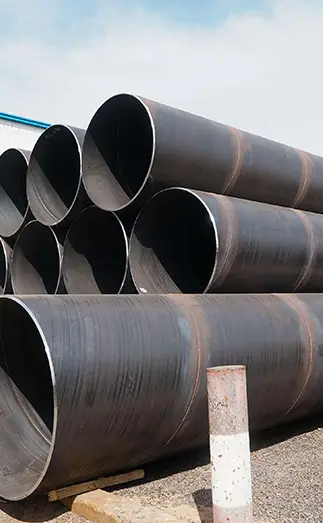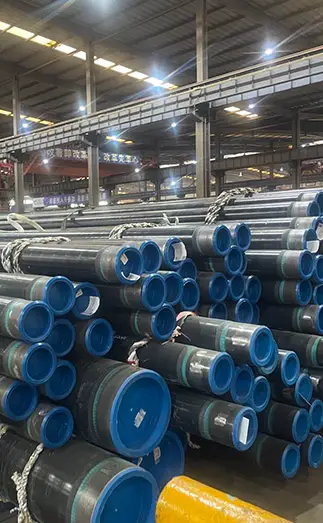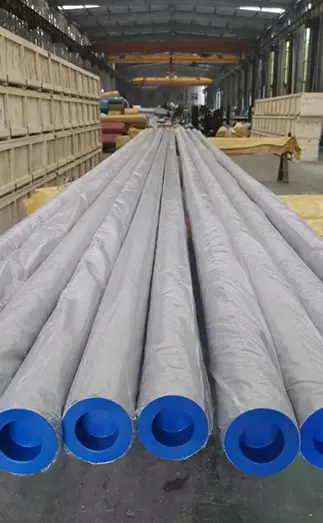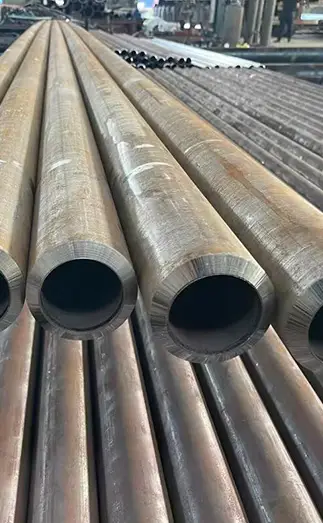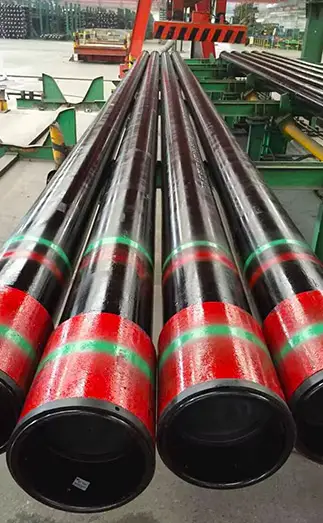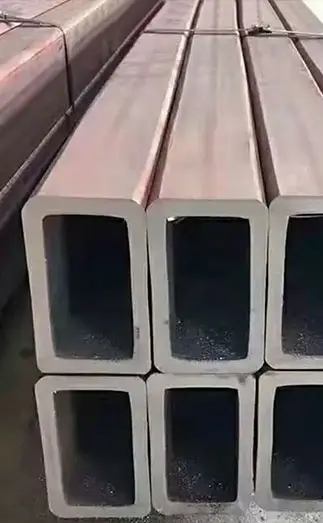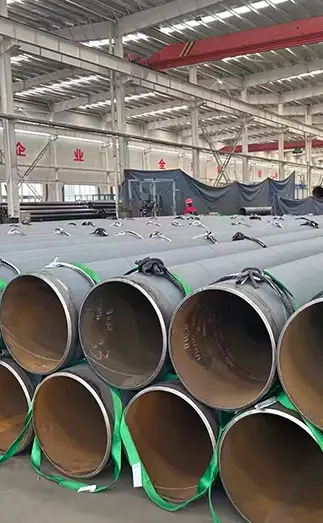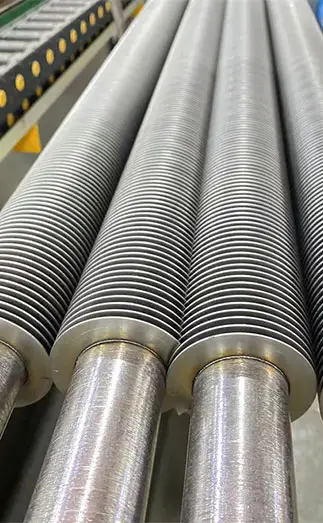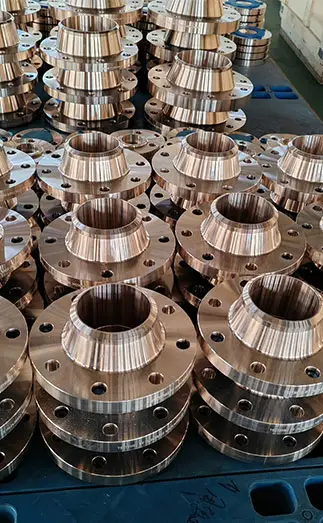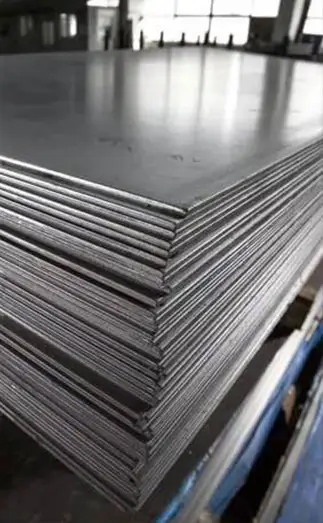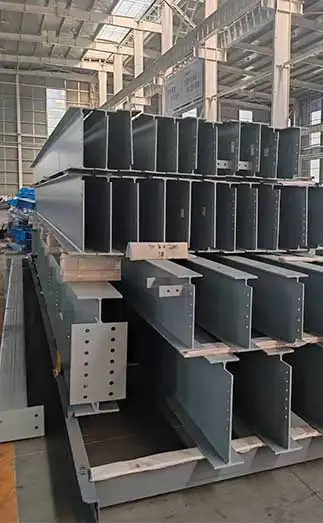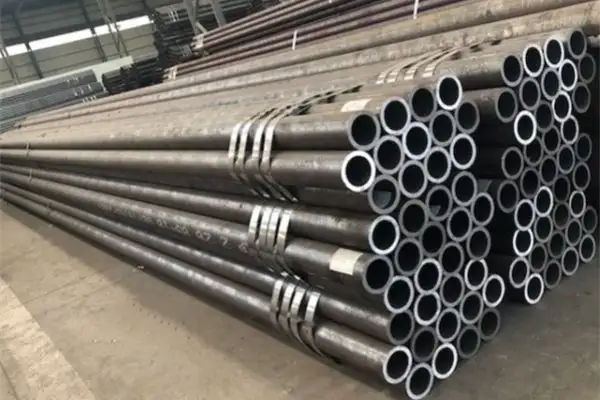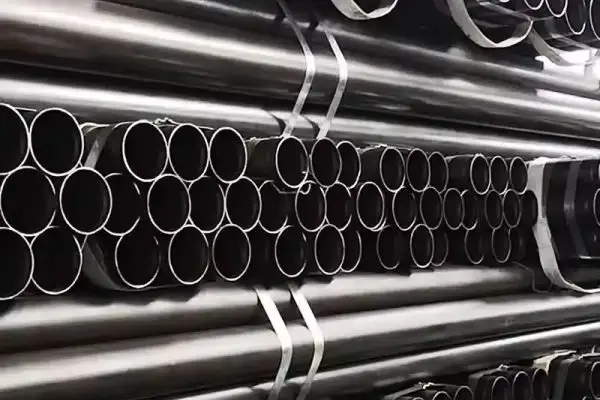Stainless steel (SS) seamless tubes feature a completely joint-free structure that delivers high strength, outstanding corrosion resistance, precise dimensions, and excellent performance across extreme temperatures. They are hygienic, non-toxic, and widely used in demanding industrial and high-end engineering fields.
Core Advantages of Stainless Steel Seamless Tubes
High Safety & Reliability
The seamless design eliminates weld-related weak points, ensuring superior pressure resistance and long-term stability.
Excellent Corrosion Resistance
Grades such as 304, 316, and 316L withstand acids, alkalis, salts, and various chemical media.
Wide Operating Temperature Range
Uniform microstructure offers stable mechanical properties under both high and low temperatures.
High Dimensional Precision
Cold-rolled / cold-drawn seamless tubes provide tight tolerance, smooth internal surfaces, and reduced flow resistance.
Hygienic & Non-toxic
Smooth surfaces inhibit bacterial adhesion and support easy cleaning and sterilization—ideal for food, pharmaceutical, and ultrapure water applications.
Applications of Stainless Steel Seamless Pipes
1. Industrial Fluid Transportation
Oil & Gas
Oil well pipes (casing, tubing, drill pipe) for harsh high-pressure, corrosive environments.
Onshore and subsea pipelines for crude oil, natural gas, and refined products.
Chemical & Petrochemical
Acid, alkali, salt, and organic media pipelines; commonly 316/316L to resist chloride attack.
Chemical dosing and wastewater treatment systems.
Energy Industry
High-temperature steam and feedwater lines in power plant boilers.
Nuclear power critical piping with high purity and radiation resistance.
Food & Pharmaceutical
Hygienic pipelines for milk, beer, juice, and pharmaceutical liquids.
CIP/SIP systems demanding smooth, dead-corner-free surfaces.
Drinking & High-Purity Water Systems
Premium building water supply lines.
Ultrapure water transport for semiconductor and electronics plants.
Marine Engineering
Ballast, firefighting, fuel, and seawater systems resistant to chloride corrosion.
Desalination units for RO housings and evaporator tubing.
2. Mechanical & Structural Applications
Machinery & Equipment
Frames, supports, shafts, and components requiring strength plus corrosion resistance.
Automotive & Aerospace
Automotive exhausts, fuel lines, and precision sensor housings.
Aircraft hydraulic systems, landing gear pipes, and engine fluid transport lines.
3. Construction & Architectural Use
Although many decorative pipes are welded, seamless tubes are chosen for high-end or harsh environments:
Coastal building curtain-wall supports
Premium railings, handrails, and architectural details
Furniture and interior structures demanding durability and aesthetics
4. High & Low Temperature Applications
High Temperature
Boiler tubes (superheater, reheater, economizer) in extreme heat and pressure.
Petrochemical heat exchanger tubes.
Low Temperature / Cryogenic
LNG pipelines operating at –162°C.
Cryogenic storage tanks and transport lines for liquid oxygen, nitrogen, etc.
5. High-Precision & Specialized Applications
Medical Devices
Surgical instruments, orthopedic implants, dental equipment—requiring high purity and biocompatibility.
Instrumentation & Control Systems
Sensor housings, precision hydraulic/gas lines.
Bearings & Rotating Components
Used in corrosive or humid environments.
Hydraulic/Pneumatic Systems
Cylinder tubes requiring smooth inner walls, exact tolerances, and high pressure resistance.
Why Choose Seamless Instead of Welded Stainless Steel Pipes?
Higher Pressure Resistance
No weld seam → uniform strength → ideal for boiler tubes, oil well pipes.
Improved Safety
Avoids weld defects such as porosity or inclusions—critical for chemical plants and nuclear systems.
More Uniform Performance
Consistent mechanical properties around the entire circumference.
Wider Size Range
Easier to produce small-diameter, thick-walled tubes for precision or high-pressure uses.
In summary:
Stainless steel seamless pipes are indispensable in high-end industries that demand corrosion resistance, temperature durability, pressure strength, cleanliness, and reliability. They remain the preferred solution for critical engineering systems across almost every industrial sector.



 English
English Español
Español Français
Français بالعربية
بالعربية